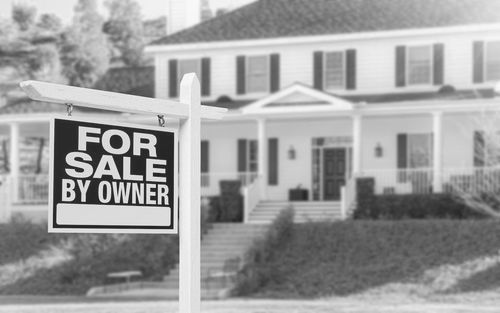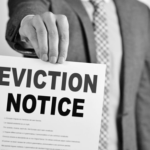Caveat Emptor is Latin for “let the buyer beware.” Under the rule of caveat emptor, a buyer cannot recover damages from a seller for defects. It’s your own fault if you buy something defective.
The North Dakota Century Code and North Dakota Supreme Court caselaw generally follows the rule of caveat emptor. However, there are many exceptions to the rule.
Residential Sale Exception
One exception involves the sale of your home. The North Dakota Supreme Court has carved out an exception to the rule of caveat emptor in residential sales:
We conclude therefore that in cases of passive concealment by the seller of defective real property, there is an exception to the rule of caveat emptor, applicable to this case, which imposes a duty on the seller to disclose material facts which are known or should be known to the seller and which would not be discoverable by the buyer’s exercise of ordinary care and diligence.
Holcomb v. Zinke, 365 N.W.2d 507, 511–12 (N.D. 1985).
What Does This Mean?
I’ll explain through an example. You are selling your home. You know your basement has a black mold problem, but the issue is concealed under the paneling. Your purchase agreement does have language stating the parties’ intent is for the buyer to take the property as-is and with all faults. You do not tell the buyer about the black mold issue.
Under this scenario, you are very likely liable to the buyer for damages. If restoration is practicable, then damages are the cost of the cleanup plus the reasonable value of the loss of use pending restoration. If the mold cannot be cleaned up, then damages are the difference in the purchase price and the fair market value with the mold plus the reasonable value of the loss of use. Alternatively, the buyer can elect a remedy called rescission, which is where the court voids the contract and “undoes” the transaction. This means you give the money back to the buyer and you take the home back from the buyer. If the buyer can prove you are guilty by clear and convincing evidence of oppression, fraud, or actual malice, then you may even be liable for exemplary (also known as punitive) damages. When the nature of the action is constructive fraud, you are already very close to meeting the exemplary damages threshold.
The above example was set up to illustrate the duty to disclose pitfall. Few sellers actually know about these sort of problems and sell without first fixing it or disclosing an issue. The more common scenario is when the seller is unaware of the problem, the buyer later discovers, and the buyer accuses the seller of knowing and failing to disclose. This is the scenario you need to seek to avoid.
What Should You Do?
If you plan to do an FSBO, you should hire an attorney to advise you on your responsibilities and properly memorialize the parties’ intentions in a purchase and sale agreement. A carefully crafted purchase agreement can limit your liability exposure. Our Real Estate Team can help. Call 701-297-2890 or send us an email below.








